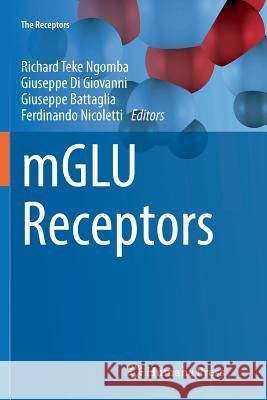Mglu Receptors » książka
topmenu
Mglu Receptors
ISBN-13: 9783319858425 / Angielski / Miękka / 2018 / 282 str.
Kategorie BISAC:
Wydawca:
Humana Press
Seria wydawnicza:
Język:
Angielski
ISBN-13:
9783319858425
Rok wydania:
2018
Wydanie:
Softcover Repri
Ilość stron:
282
Waga:
0.41 kg
Wymiary:
23.39 x 15.6 x 1.57
Oprawa:
Miękka
Wolumenów:
01
Dodatkowe informacje:
Wydanie ilustrowane











